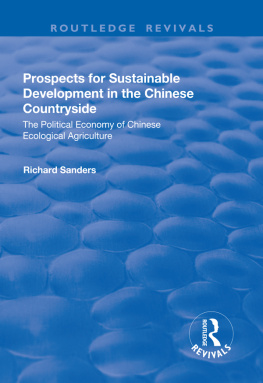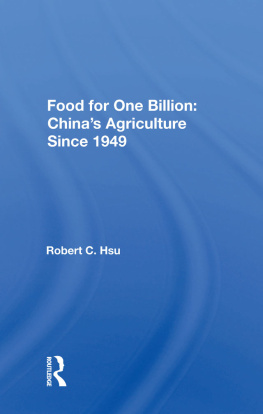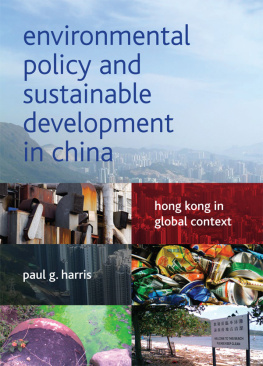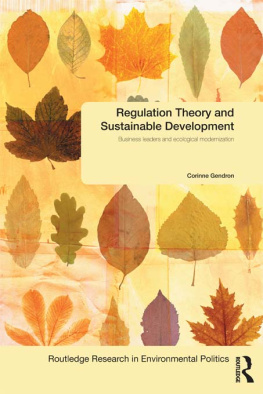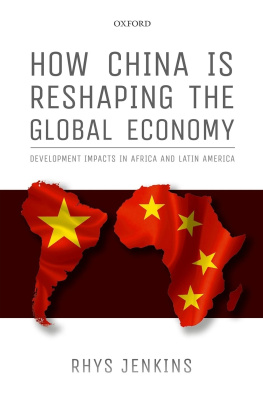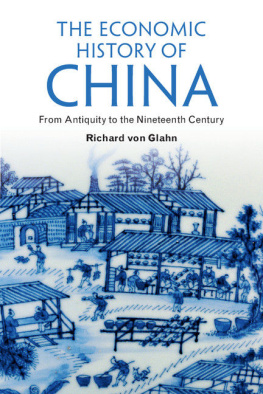First published 2000 by Ashgate Publishing
Reissued 2018 by Routledge
2 Park Square, Milton Park, Abingdon, Oxon, OX14 4RN
711 Third Avenue, New York, NY 10017, USA
Routledge is an imprint of the Taylor & Francis Group, an informa business
Copyright Richard Sanders 2000
All rights reserved. No part of this book may be reprinted or reproduced or utilised in any form or by any electronic, mechanical, or other means, now known or hereafter invented, including photocopying and recording, or in any information storage or retrieval system, without permission in writing from the publishers.
Notice:
Product or corporate names may be trademarks or registered trademarks, and are used only for identification and explanation without intent to infringe.
Publishers Note
The publisher has gone to great lengths to ensure the quality of this reprint but points out that some imperfections in the original copies may be apparent.
Disclaimer
The publisher has made every effort to trace copyright holders and welcomes correspondence from those they have been unable to contact.
A Library of Congress record exists under LC control number: 99071891
ISBN 13: 978-1-138-70024-6 (hbk)
ISBN 13: 978-1-315-20486-4 (ebk)
I am grateful to a very large number of people without whose help this book could not have been written. In China I am indebted to countless numbers of officials, cadres and ordinary villagers and farmers who patiently, warmly and cheerfully answered my questions and generously put up with me in their workplaces or homes. In China, I am particularly indebted to Professor Bian Yousheng, of the Beijing Municipal Institute of Environmental Protection and Research, with whom I had countless interviews between 1992 and 1996, who travelled with me on three occasions to Liu Min Ying and who was a constant source of invaluable information and inspiration, Professor Li Zhengfang, until recently director of the Organic Food Centre, Nanjing Institute of Environmental Science, who invited me to visit his work-unit in 1993, facilitated my first visits to Xiao Zhang Zhuang and He Heng and with whom I discussed ecological agriculture between 1993 and 1995, Xiao Xingji and Wen Qiuhua, currently director and engineer respectively of the Organic Food Centre, Nanjing Institute of Environmental Sciences, who have been, between 1993 and 1997, via the spoken word, letter and e-mail, mines of information about ecological agriculture and who facilitated my visits to Qian Wei and Teng Tou in 1995 and 1997, Professor Cheng Xu, currently Head of the Education Department, Ministry of Agriculture, Beijing, who invited me to visit him at the then Beijing Agricultural University in 1993 and who facilitated my first visit to Dou Dian in 1995 Gao Peng , until very recently, engineer in the Department of Nature Conservation, National Environmental Protection Agency, Beijing, who supported my researches in ecological agriculture with good nature, enthusiasm and information from 1993 to 1997 and who facilitated my visit to Tie Xi in 1995, Zhou Shengkun, associate professor at the Centre for Integrated Agricultural Development at China Agricultural University, who has been an extraordinary source of inspiration concerning the political and social basis of ecological agriculture between 1995 and 1997 and accompanied me to Han Cun He in 1997, Zhang Kuichang, deputy Party secretary and farm manager in Liu Min Ying who cheerfully welcomed me to his village on no less than nine occasions between 1992 and 1997 and who provided me with enormous amounts of information critical to this book, Zhang Jiashun, deputy Party secretary of Yingshang County, Anhui Province, who welcomed me and hosted my visits to Xiao Zhang Zhuang every summer from 1993 to 1997, Zhang Baocun, Party secretary (1993) and Zhang Tailin , of the Tia Xian EPB, Jiangsu Province, who welcomed me and hosted my visits to He Heng in the summers of 1993, 1995,1996 and 1997, Zhang Zhenliang, Party secretary and Zheng Deyao, reception centre manager of Dou Dian who welcomed me and hosted my visits there in the summers of 1995, 1996 and 1997, Fu Jialiang, Party secretary and Luo Zhengyao, advisor in Teng Tou who welcomed me and hosted my visits there in the summers of 1995 and 1997, Shen Huichun , Party secretary and Xu Weiguo , President of the Board at Qian Wei, who welcomed me and hosted my visits there in the summers of 1995 and 1997, Zhang Hongtian, leader of Tie Xi, who welcomed me and hosted my visit there in 1995, Sun Xiaofan, Xu Qiang, Wei Shengjin and Lin Tao, colleagues and ex-students of Beijing Foreign Studies University, now friends, who generously gave of their time and skills to interpret for me whenever I asked, Xia Qing, ex-student of BFSU, who constantly, patiently and cheerfully worked on my behalf to set up interviews, make telephones calls, interpret, translate and effectively manage my time in China, Li Xiaoting, ex-student of BFSU, who was the first person to give me encouragement and contacts for my original research in China in 1992 and Zhao Donghong, ex-student of BFSU who accompanied me and translated for me on my first travels into the Chinese countryside in the summer of 1993, Li Youwen, ex-colleague of BFSU and friend who accompanied me into the Chinese countryside in 1997 and frequently interpreted and translated for me, and Xiong Ying, ex-student of BFSU, who travelled with me on my visits to the Chinese countryside in 1994, 1995 and 1996, and used her enormous talents as an interpreter on my behalf on many occasions.
In the UK, I am particularly indebted to Professor John Taylor, head of the Centre for Chinese Studies at South Bank University who has been a constant source of encouragement and good advice, Gerry Foley, energy consultant, author and friend, who gave me a great deal of information concerning rural energy in general and biogas in particular and who read and gave me helpful comments on , Professor Joshua Bamfield, until recently Head of the School of Business and Diane Hayes, Dean of the Faculty of Management and Business at University College, Northampton, who between 1994 and 1997 always gave me time, money and support for my researches for this thesis, The British Council, who provided me with a senior advanced scholarship in conjunction with the Chinese State Education Commission to do research in China from April to September 1995, and last, but not least, my wife, Sue, who badgered me to do research from the start, who accompanied me to China in 19912, put up with my absence from the UK throughout 19923 and during recent summers when I have been engaged in research and who has been throughout this period a source of love and support.

